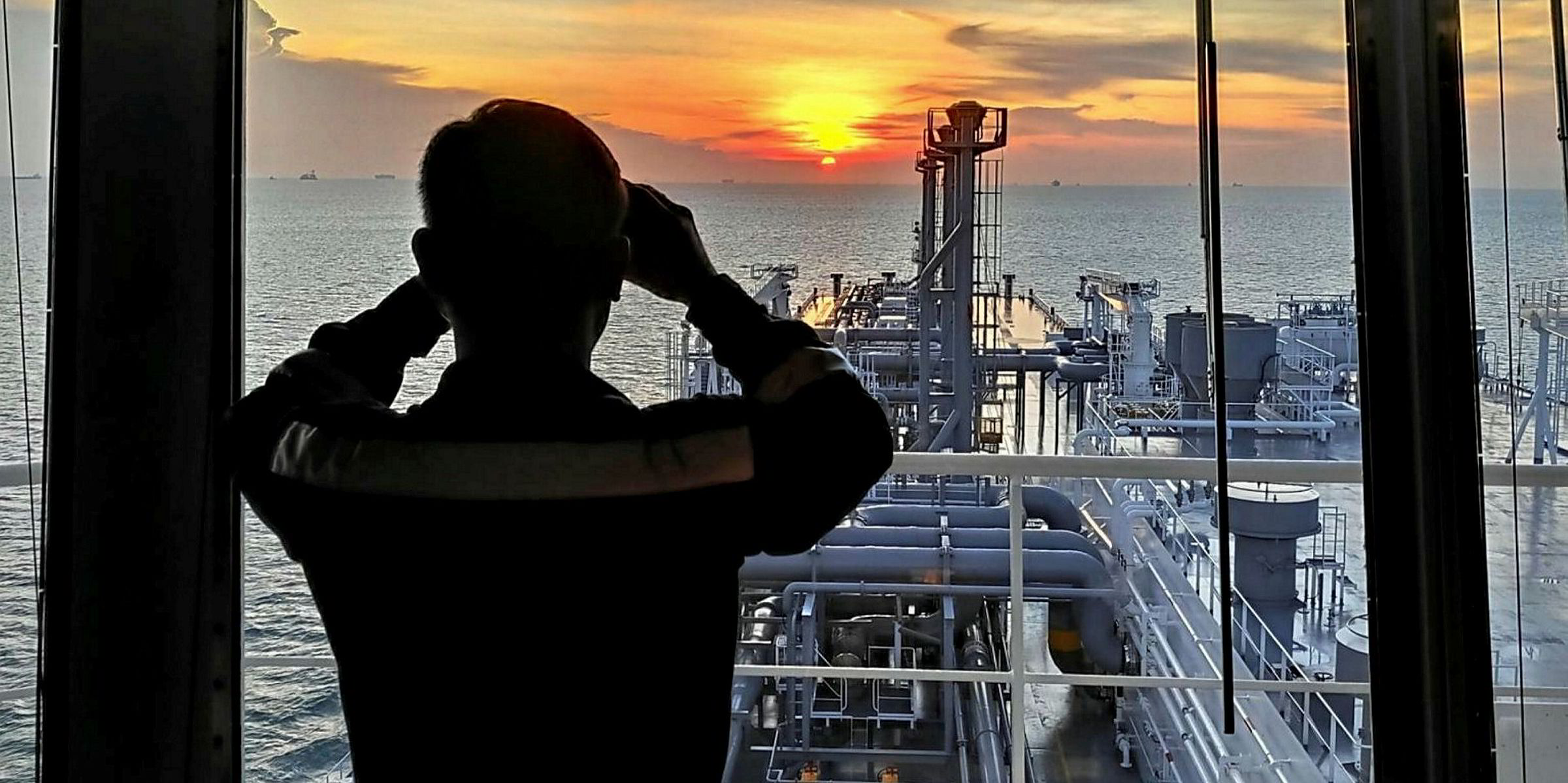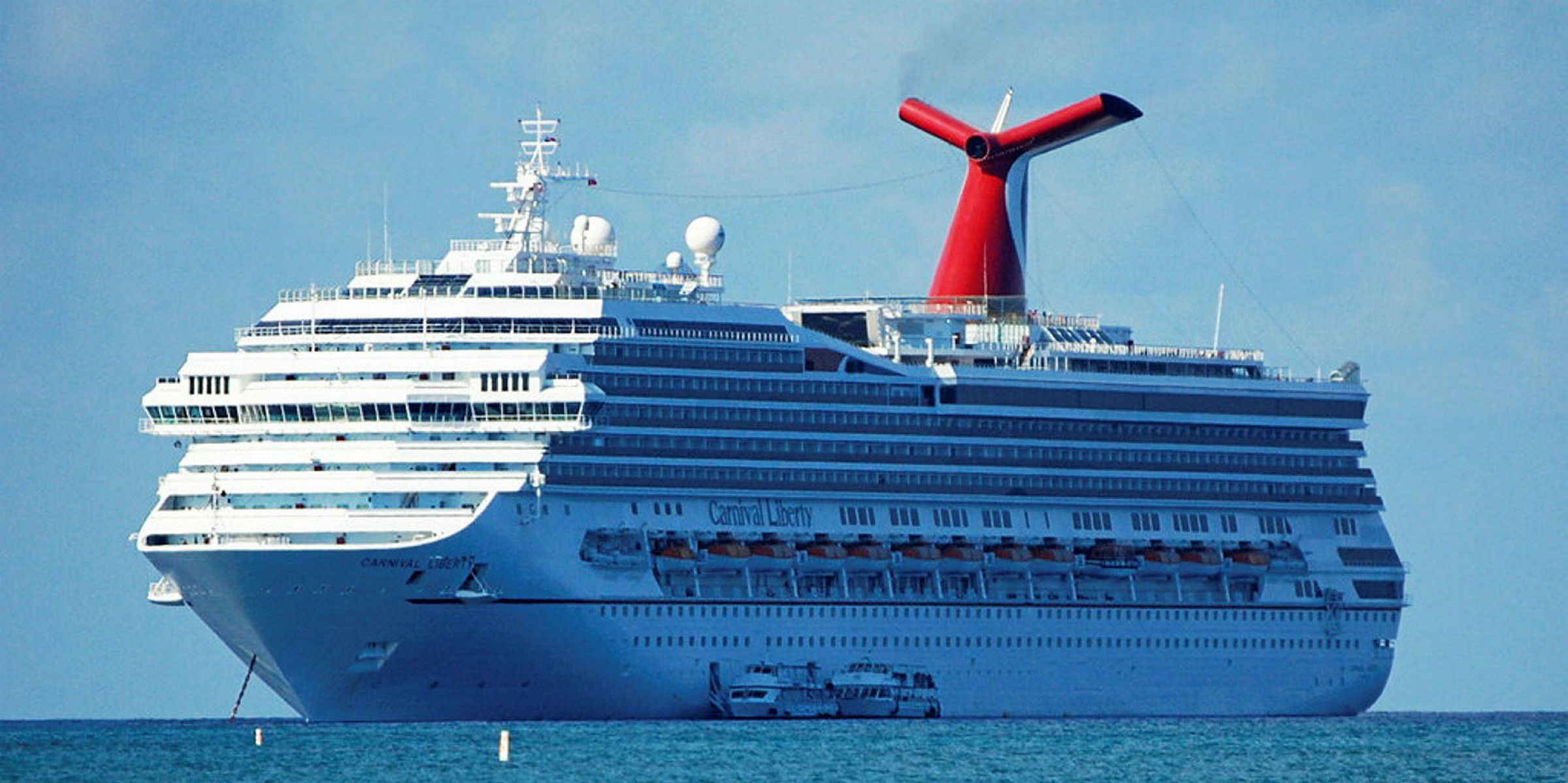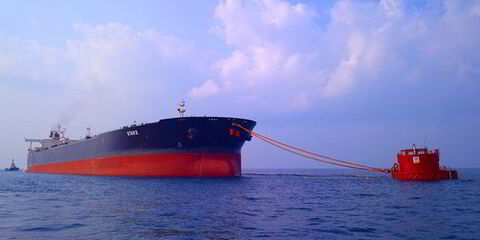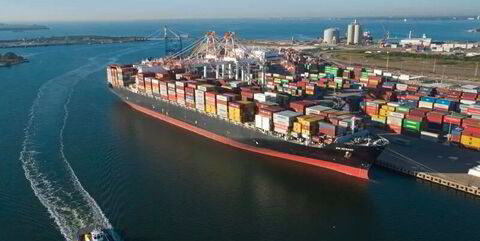Governments the world over must know how important shipping is to trade, so why has the industry struggled to get its message across that key transport links need to keep working through the Covid-19 crisis?
When lockdowns are putting a strain on delivering food, medicines and other vital goods, it should be easy enough to communicate the message that the arterial ocean lanes are dependent on seafarers crewing ships.
And yet it is not.
The industry needs to think hard about this as we mark the Day of the Seafarer this week, themed, as it is, that seafarers are key workers.
Last week, IMO secretary general Kitack Lim said the issue of seafarers stuck on ships by rules to curtail the pandemic is at a critical point.
Political issue
Lim’s warning was echoed by speakers at last week’s Capital Link digital forum.
Stephen Cotton, general secretary of the International Transport Workers’ Federation, said that despite the best collaboration he had ever seen between maritime organisations, unions and companies, the industry still did not have the political clout to “get the right people to make the right decisions”.
It is vital shipping can show seafarers it can get governments to listen, he said.
International Chamber of Shipping secretary general Guy Platten agreed it is a political issue. Coordinated action at government level to recognise that seafarers are key workers who should be exempt from many of the travel restrictions is needed, he said.
Cyprus and other bright spots
Efforts are being made and some success is being achieved. The IMO has set out protocols that clearly map out safe processes, and it has been backed higher up the global political chain by United Nations secretary general Antonio Guterres. Even Pope Francis offered support.
Cyprus has been at the forefront, making testing and transfers for seafarers possible on the island, but shipping deputy minister Natasa Pilides said the hardest thing has been convincing individual governments, port or airports and their immigration authorities that with the right measures, crew transfers can be done safely.
Panama has been commended on its efforts, and Europe, Hong Kong and Singapore have been name-checked as bright spots.
Shipping should consider its insistence on opacity and privacy; the offshoring so that governments could not take taxes; its claim that it is somehow different from all other industries
Individual companies have been working hard, but the ground keeps changing under them.
Last week, TradeWinds spoke to Flex LNG about its experience conducting crew changes in Reunion Island. But this week, Reunion announced it is closed for future crew exchanges until further notice, and Flex is having to rethink a planned end-of-June crewing operation there.
Fleet Management has arranged crew changes for 985 seafarers on 44 vessels in India, and worldwide it has moved 2,289 crew, including 849 in China and 212 in the Philippines.
One chief engineer thanked Fleet India for a three-day road trip to get him home — a 2,600 km (1,615 miles) journey across five states that Tapas Mohanty said he enjoyed far more than he expected.
This week, the 110,428-gt cruiseship Carnival Liberty (built 2005) is disembarking 1,448 crew at Mumbai, many of whom are being flown on charter flights to Kolkata and Imphal. Leth Agencies has used an air charter firm to fly Russian seafarers home.
But at the same time, the German Shipowners’ Association warned that problems are escalating. “It’s not the shipping companies that pose the problem, but the governments that do not implement these procedures,” it said.
So, ponder this again: Why is it such a struggle? Why has there been such a widespread systemic failure?
It’s time shipping considered its own responsibility over past decades — the insistence on opacity and privacy; the offshoring so that governments could not take taxes; its claim that shipping is somehow different from all other industries.
Coming home to roost
The issue has come home to roost for cruise giants such as Carnival, which, despite their huge financial size and economic importance, are struggling to get government support.
They have evaded US oversight and taxes by taking their business and assets offshore, so the federal government sees little reason to hand out help now if the company comes begging.
Are seafarers reaping what their industry has sown? Ship operators and owners need to wake up to that possibility, and adapt if they want to be part of a new world order after Covid-19.(Copyright)







